Are saltwater pools actually salty? Most people, pool owners included, assume that having a salt water generator makes their swimming pool water salty. I think that they are expecting to swim in water that you find at the beach. I mean, who doesn’t love going to the beach, right? Unfortunately, though, this is a common misconception and a high expectation. Though it would be nice, salt water generators do not mimic the beach experience.
Salt water generators provide many benefits to your pool and pockets, however, making your water “beach salty” is not one of them. If your pool isn’t as salty as the water found at the beach, then how salty is your pool after using a salt water generator?
How Do Saltwater Generators Work?
I think the biggest common misconception about salt water generators is regarding how they actually operate and what happens to your pool water in the process. A salt water generator is comprised of two parts, a power supply, and a salt cell. Most pool owners wire their power supply at the equipment pad while the salt cell plumbs inline with the pipe that returns water back to the pool. As water passes through the cell, electrolysis occurs. Electrolysis is the  process in which the salt and water split into hydrogen and hypochlorous acid and converts to chlorine. The chlorine is then automatically distributed to your pool.
process in which the salt and water split into hydrogen and hypochlorous acid and converts to chlorine. The chlorine is then automatically distributed to your pool.
The cool thing about salt systems is once the chlorine finally breaks down, it becomes salt again. It’s an ongoing cycle that saves you money because you won’t need to consistently add salt. In essence, salt water pools still use chlorine to sanitize the pool; the process to get there is just different.
So, exactly how salty is the water in a saltwater pool?
You Feeling Salty?
I know I mentioned this earlier, but again, a pool that uses a salt water generator will not taste like the ocean. And here’s why. Although the salt threshold varies from person to person, on average the human salt threshold is 3500 parts per million (ppm). Meaning, we don’t really taste the saltiness until the compound is more than 3500 ppm. In comparison, the salt levels in the ocean are approximately 35,000 parts ppm. The large difference between a human’s salt threshold and the ocean water’s salt content is why the ocean water tastes so salty. That is just slightly under the salt threshold. For the most part, the salt in saltwater pools is undetectable.
More Information on Salt
Switching from chlorine to salt is increasingly growing in popularity. On top of that, manufacturers are making it very easy for pool owners to install salt chlorine generators on new or existing pools. Salt water generators provide many benefits to your pool. However, it is important that you understand the process your water is undergoing as it converts the salt to chlorine. They are very cool and convenient systems. Be sure to pay  attention to the recommended levels of salt needed to produce the optimum levels of chlorine. All salt systems vary but usually falls between 3200 and 4000 ppm. If you are looking for more information on salt water generators, make sure to check out all of the related content below.
attention to the recommended levels of salt needed to produce the optimum levels of chlorine. All salt systems vary but usually falls between 3200 and 4000 ppm. If you are looking for more information on salt water generators, make sure to check out all of the related content below.
More Related Content:
Converting Your Pool to Saltwater
Lowering Swimming Pool Salt Levels
Salt Chlorine Generators for Above Ground Pools
How Often Should I Add Salt To My Pool?

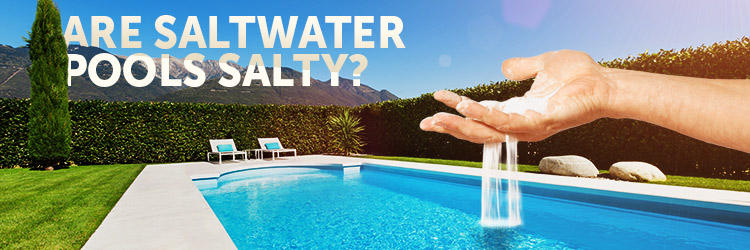


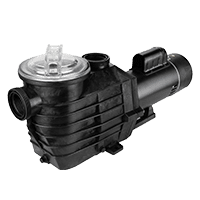
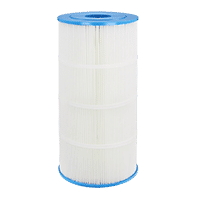
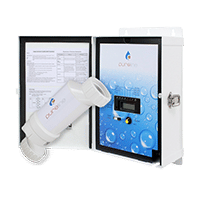
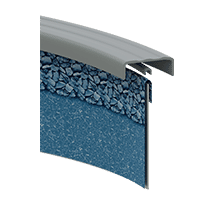
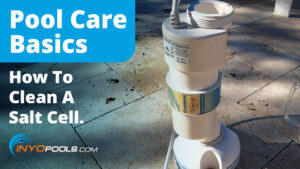
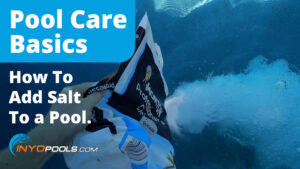

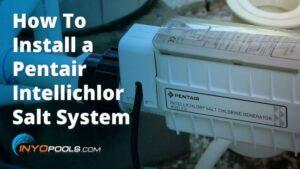
Leave a Reply